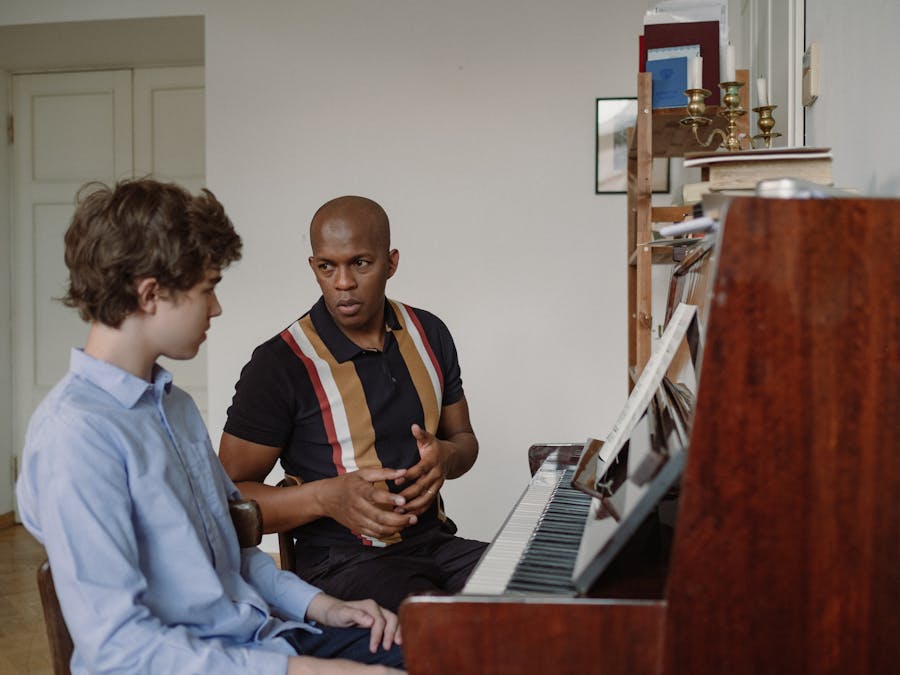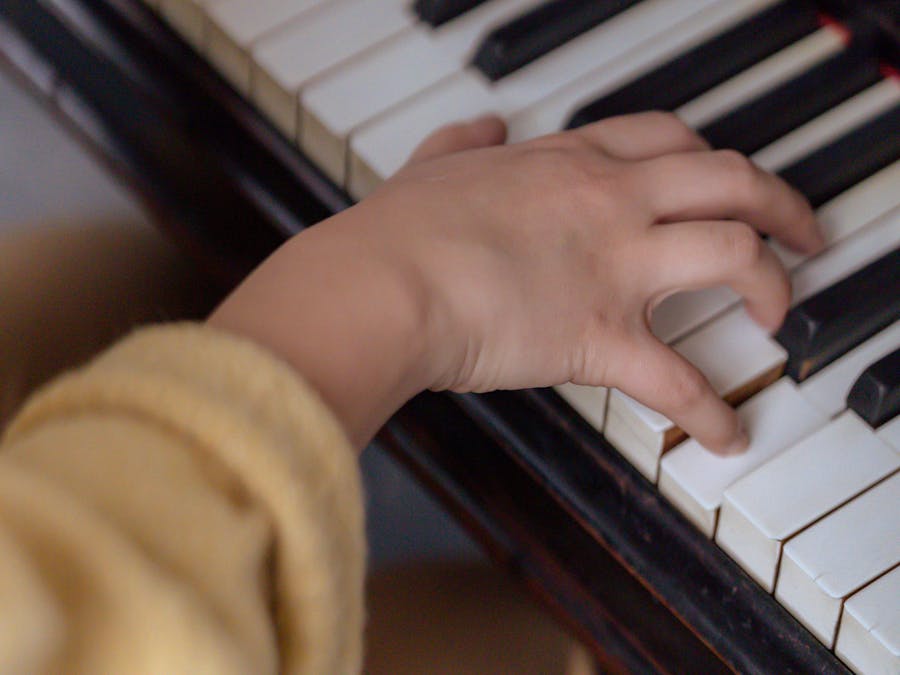 Piano Guidance
Piano Guidance
 Piano Guidance
Piano Guidance

 Photo: Luis Quintero
Photo: Luis Quintero
216. Scientists found that the music directly affects human RNA, suggesting that listening to music has even more surprising benefits than previously thought. It affects the very core of your biological being.

In addition to slowing down physically, most people lose points on intelligence tests as they enter their golden years. Now, new research suggests...
Read More »
German built pianos are generally the best European pianos. They can be expensive. Jul 2, 2014
Read More »Scientists have known for a while now that listening to music has a bounty of physical and mental benefits: It reduces blood pressure, causes the release of dopamine and even improves muscle function. Though music clearly affects our brains, scientists didn't know what caused those mental changes on a molecular level — until now. Scientists at the University of Helsinki have made the amazing discovery, published in PeerJ, that listening to classical music actually alters the function of your genes. Scientists took blood samples from study participants before and after listening to Mozart's Violin Concerto No. 3 in G major, K.216. Scientists found that the music directly affects human RNA, suggesting that listening to music has even more surprising benefits than previously thought. It affects the very core of your biological being. More detailed than ever: This is an unprecedented amount of insight into how exactly music influences human beings. Scientists have previously used PET scans to watch the brain as it processes music. But with the introduction of genomics, scientists can look even closer by sampling blood and identifying its molecular properties. 48 people participated in this study, and they were split into two groups: those who had musical experience and those who were inexperienced. What the researchers found in the experienced group was striking. Good for you in every way: For the musically inclined group, the study uncovered huge genetic benefits after listening to classical music. Listening to music increased expression of the glucocorticoid receptor, which regulates stress, depression and even addictive behaviors. Not only that, listening to music also inhibits dopamine reuptake, meaning that the brain has more of the molecule that regulates the brain's reward center. "Listening to classical music enhanced the activity of genes that are mainly related to reward and pleasure, cognitive functions and proper brain function," Chakravarthi Kanduri, Computational Biology Researcher at the University of Helsinki, wrote Mic. "Some of the findings of this study may explain the molecular mechanisms underlying music therapy." Music does all this by getting the good genes moving — specifically, those that help with mood, memory, learning and basic brain function. But music also slows down bad genes that cause brain degeneration, meaning that listening to music actually acts like a brain shield. A set of the genes affected are the same genes that help songbirds learn new songs. This suggests that there may actually be a shared, deep evolutionary background between our love of music and birds' use of music — a link some classical musicians may already have intuited. All the more reason to learn music: The study found the strongest responses among those familiar with music — participants without musical backgrounds didn't experience any noticeable benefits. These findings only cemented the fact that childhood music lessons are extremely beneficial to cognitive function: "We observed no significant findings in musically inexperienced participants," either naturally or through lack of learning, the study authors wrote. But Kanduri still thinks it might influence everyone positively. "We cannot exclude the possibility of a similar effect in musically inexperienced participants," Kanduri wrote. "Several factors such as age, gender, personal preferences of music genres, familiarity of music compositions and duration of listening may affect the transcriptional responses." Whether or not classical music affects the less musically inclined equally, the list of reasons to learn music just got a lot more compelling. It's never been clearer that music really can change us.

A keen beginner around age 8 that is well-prepared for the lesson each week and has a good sense of confidence with performing in public could aim...
Read More »
What's the Best Digital Piano for Classical Music? Model Features Casio PX-770 128 Note Polyphony Yamaha YDP 164 GH3 action, CFX Grand Piano Voice...
Read More »Common Sources of Noise and Decibel Levels Noise above 70 dB over a prolonged period of time may start to damage your hearing. Loud noise above 120 dB can cause immediate harm to your ears.

After reading the love note burnt onto the piano key, Alistair furiously returns home and chops off Ada's index finger with an axe to deprive her...
Read More »
I'll discuss some of the factors that affect how long it takes below, but here's what I usually say: Children who get to piano grade 8 have often...
Read More »
Learning to play the piano as an adult can be intimidating. Many people limit themselves because they think they are too old or that it's too late...
Read More »
Learning to play the piano as an adult can be intimidating. Many people limit themselves because they think they are too old or that it's too late...
Read More »